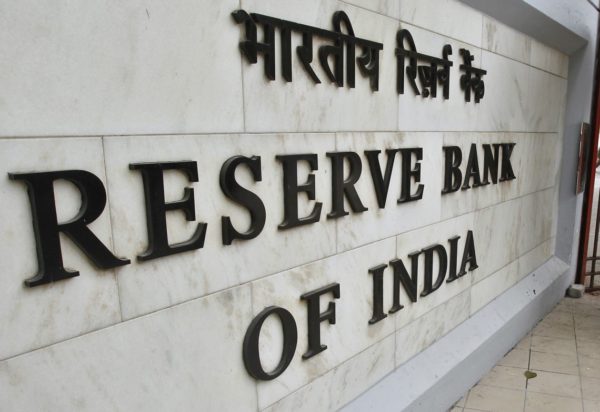
India’s E-Rupee Achieves 1 Million Daily Transactions
India’s central bank digital currency (CBDC), the e-rupee, has achieved a significant milestone, with daily transactions surpassing 1 million on December 27, 2023. This accomplishment marks a crucial step in the Reserve Bank of India’s (RBI) pursuit of fostering a digital currency ecosystem. Let’s delve into the details of this development and its implications.
The e-rupee pilot, initiated in December 2022, faced early challenges, with daily transactions averaging 25,000 by the end of October 2023. However, recent efforts have propelled the digital currency’s adoption, particularly through collaborations with major banks. Institutions such as HDFC Bank, Kotak Mahindra Bank, Axis Bank, Canara Bank, and IDFC First Bank actively participated in disbursing employee benefits directly to CBDC wallets.
The move to link employee benefits to CBDC transactions has significantly contributed to the surge in daily transactions, surpassing the RBI’s target. The achievement of over 1 million transactions in a single day, as reported by RBI Governor Shaktikanta Das, demonstrates the growing acceptance of digital currency in everyday financial transactions.
The user base for the e-rupee has also witnessed steady growth, reaching approximately 4 million users, up from 3 million in December. This indicates a positive trend in consumer adoption, laying the groundwork for a more expansive digital currency landscape.
However, it’s essential to note that the RBI’s vision for the e-rupee extends beyond domestic transactions. The central bank aims to position the CBDC for cross-border payments, leveraging the success of India’s Unified Payments Interface (UPI) for efficient retail transactions.
While the e-rupee’s success is undeniable, there have been challenges and pushback. The decision by banks to deposit employee funds and benefits into CBDC wallets faced resistance from some bank employees and trade unions. The All India Union Bank Employees Federation expressed dissatisfaction, emphasizing the need for employee consent and consultation before implementing such measures.
Despite the pushback, the RBI remains committed to advancing its CBDC initiatives, both in retail and wholesale segments. The wholesale CBDC pilot, initiated in late 2022, is expanding its use cases, indicating the central bank’s comprehensive approach to digital currency adoption.





